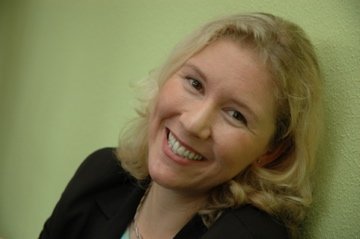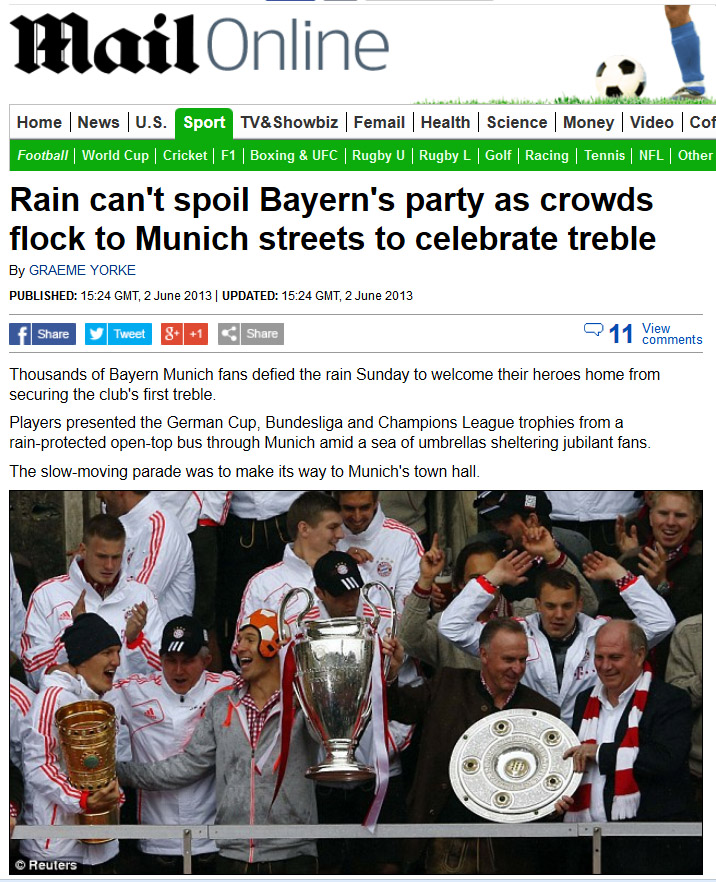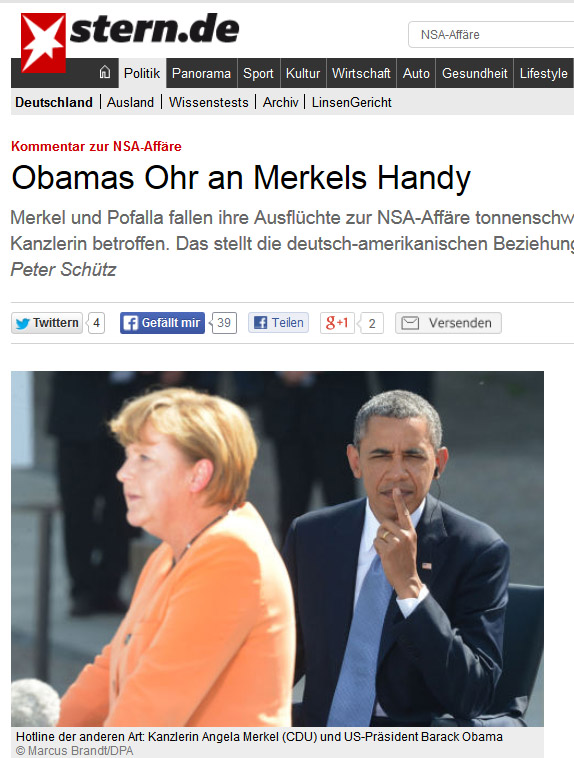2014 has already started and our blog series continues to question our PR teams around the world on their view of 2013 developments. This week Wibke Sonderkamp of the Munich based GlobalCom PR Network team answers the 3 questions of the interview series:
1. How did the global recession affect the demand for PR in Germany in 2013?
Overall we noticed a growing demand for multi-market PR in 2013. Many clients are looking for a mix of central management with local execution by teams with local market knowledge. Within this structure, clients with tight budgets expect a high flexibility of adding or removing regions – usually in close relation to the market response towards their offerings or changes in the attractiveness of a market based on its economical development of governmental regulations which might influence the sales expectations.
Another growth area is the market of mobile communication apps and gadgets. In this industry, the effects of the global recession seem to be over and companies are looking for experienced PR agencies which can help them to grow their visibility in new markets.
2. How was Germany portrayed in the media in 2013?
Going back to the discussed market sectors, Germany’s position in the cleantech market and decisions regarding renewable energies were discussed broadly across international media. Even though the whole market suffered a downturn in 2013, going through a worldwide consolidation phase, and the discussion regarding a restructuring of the subsidies system seems to go on forever, Germany is still viewed as a leading market and advocate for renewable energy and environmental improvement.
Apart from political and business topics, I think, sports, especially soccer, is THE topic where international media follows and reports on German teams and athletes every year and Germany is viewed as a leading nation. Sebastian Vettel’s Formula 1 success and the treble championship of Bayern Munich including the appointment of Pep Guardiola as coach were definitely among the most covered German topics in 2013.
3. Which other country stands out as positive or negative example?
In addition, the crisis in Southern European countries such as Greece, Spain and Italy caused a lot of concerns in Germany. Many Germans have family members or friends in those countries and have visited them many times. This makes the crisis not only a topic of economic influence but adds a personal level to the development.
Positive media reports included e.g. Scandinavian countries and their successes in the renewable energy sector.
Author: Wibke Sonderkamp, GlobalCom PR Network Munich




